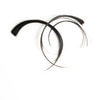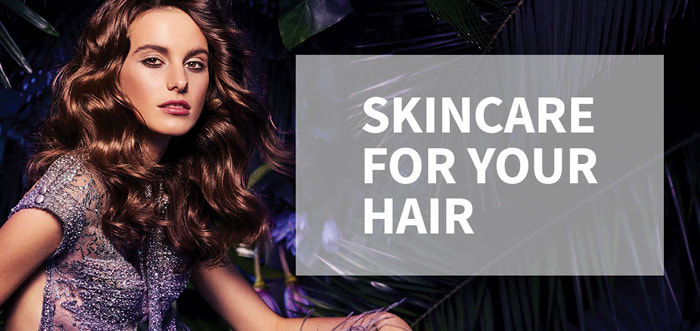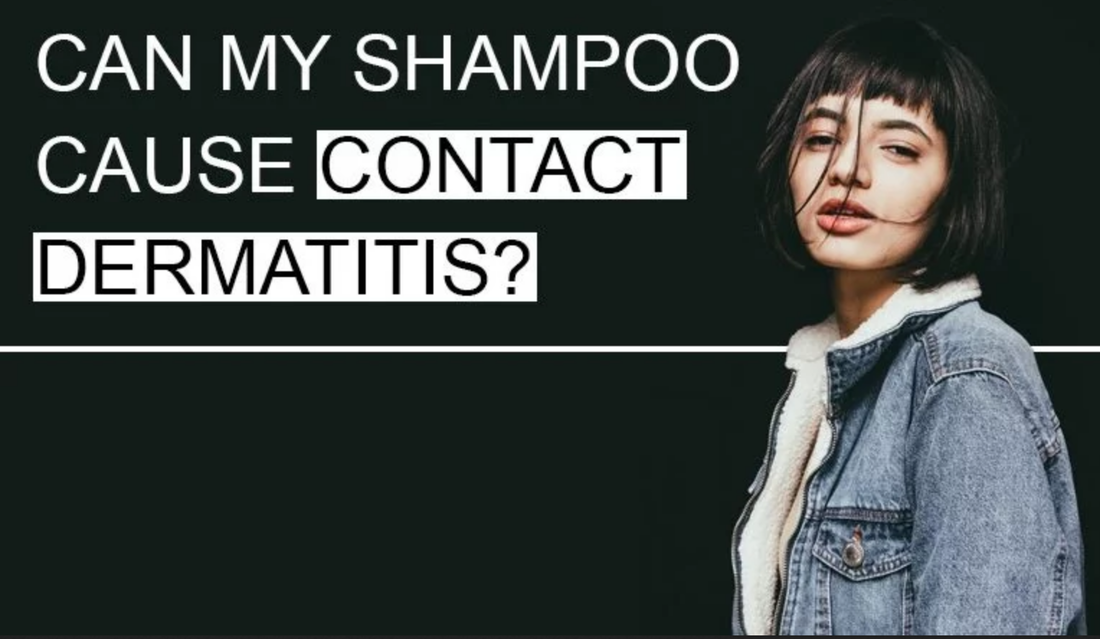|
The skin-care trend has reached its peak. Starting from the minimalist step to the 10-step skin-care routine. But don’t you think something is still missing? Yes, it is hair and scalp care! Caring for our scalp and hair are just as important as it is for our skin. Their fundamental steps are pretty much the same. Whether you’re looking for a basic routine or something extra, we got you covered!
The Basic Routine Caring for your hair is not as hard as you think, and your hair is just as important as taking good care of our facial skin. Cleansing, moisturizing, and protecting. The exact same steps as your regular skin-care routine!
#1. Cleanse: ShampooJust like you have to wash your face, your scalp needs to be washed to remove the oil, debris and dirt. Did you know that you can use skin-inspired ingredients in your shampoo? Ingredients such as hyaluronic acid (to keep your scalp moisturized), niacinamide (control sebum production) and nourish scalp (ceramides, to keep the scalp barrier healthy), and many more. Moreover, there are specific ingredients for each different scalp type.
#2. Moisture: Conditioner and Hair OilJust as washing your face takes moisture out of your skin, so does washing your scalp and hair. Therefore, it is important to moisturize them to prevent more water loss. Both water and oil balance are crucial because water can loosen up the cuticle protection from our hair, making each strand of hair more prone to damage and brittleness. But, at the same time, your hair requires a certain amount of moisture to be able to protect itself. This is when an occlusive oil can maintain our healthy crown. After water loosens up the cuticle protection from our hair, a conditioner will seal that back in and make your hair smoother and shinier in no time. It will prevent future split ends, breakage and will further strengthen your hair strands. Use the conditioner right after shampooing. If it’s not enough, and your hair still needs that extra shine and moisture, add a pump or spray your favorite hair oil! They usually smell amazing, as well, so it’s like catching two birds with one stone. #3. Protect: SPF for Your HairSun protection for your scalp is just as important as it is for your skin. It prevents UV radiation damage and free radicals’ formation. Do you know that your scalp and hair undergo “aging”, as well, as we age? UV damage is one of the factors for thinning of the hair as well as grey hair. That’s why protecting your hair with SPF is the secret to full, healthy and youthful-looking hair. Oil-Free, lightweight spray sunscreen is the easiest and most convenient option to protect our hair from the sun’s harmful UV rays. Apply a generous amount to your scalp and hair before heading outside, especially if you head out during the middle of the day. When You’re Feeling Extra When you have a Korean 10-step routine for your face, why not for your hair? This is especially great when you are in a pampering mood, and you want your scalp and hair to join the party. Give your crown the love that it deserves.
#1: Exfoliator (Hair Scrub) Exfoliating is the process of removing dead skin-cell buildup on the top layer of your skin. Exfoliate your scalp one to three times a week with either physical (salt, sugar or coffee scrub) or chemical exfoliators (Glycolic acid, salicylic acid) to reveal new and fresh skin. Wave goodbye to flaky hair! #2: Hair Tonic and Serum It can do more than just boosting hydration levels on your scalp with their skin-benefiting ingredients. If you want to prevent or even care for hair loss, you might want to give hair tonic-serum that is infused with hair-strand strengthening ingredients. Growth factors, biotin, peptides, and vitamins can help nourish your scalp and strengthen them from down the root. Massage the product in while applying to improve absorption while improving blood circulation around the scalp. #3: Hair Mask Long bath and hair mask. What can be better? Either the cream hair mask or hair pack, all of them are nourished with hair-nourishing and moisturizing ingredients. They are perfect for an additional weekend self-care ritual. Your hair will definitely thank you for that and shine like it never did before. Slather the mask all over your hair down to the tips and cover it all with a hair cap for 20-30 minutes before rinsing off your hair. For those who like it simple without getting your hands messy, you can get and invest on a prepacked hair mask. It usually comes in one individual hair cap covered in a hair mask; it can be a travel-friendly option for those of you who travel a lot. Hair is the crown for every man and woman, and well-cared-for hair and a healthy crown will definitely boost your confidence and performance. This article is from The Right Hairstyles The Science Behind Thinning Hair, |
Hair by BrianMy name is Brian and I help people confidently take on the world. CategoriesAll Advice Announcement Awards Balayage Barbering Beach Waves Beauty News Book Now Brazilian Treatment Clients Cool Facts COVID 19 Health COVID 19 Update Curlies EGift Card Films Follically Challenged Gossip Grooming Hair Care Haircolor Haircut Hair Facts Hair History Hair Loss Hair Styling Hair Tips Hair Tools Health Health And Safety Healthy Hair Highlights Holidays Humor Mens Hair Men's Long Hair Newsletter Ombre Policies Procedures Press Release Previous Blog Privacy Policy Product Knowledge Product Reviews Promotions Read Your Labels Recommendations Reviews Scalp Health Science Services Smoothing Treatments Social Media Summer Hair Tips Textured Hair Thinning Hair Travel Tips Trending Wellness Womens Hair Archives
June 2025
|
|
Hey...
Your Mom Called! Book today! |
Sunday: 11am-5pm
Monday: 11am-6pm Tuesday: 10am - 6pm Wednesday: 10am - 6pm Thursday: By Appointment Friday: By Appointment Saturday: By Appointment |








 RSS Feed
RSS Feed